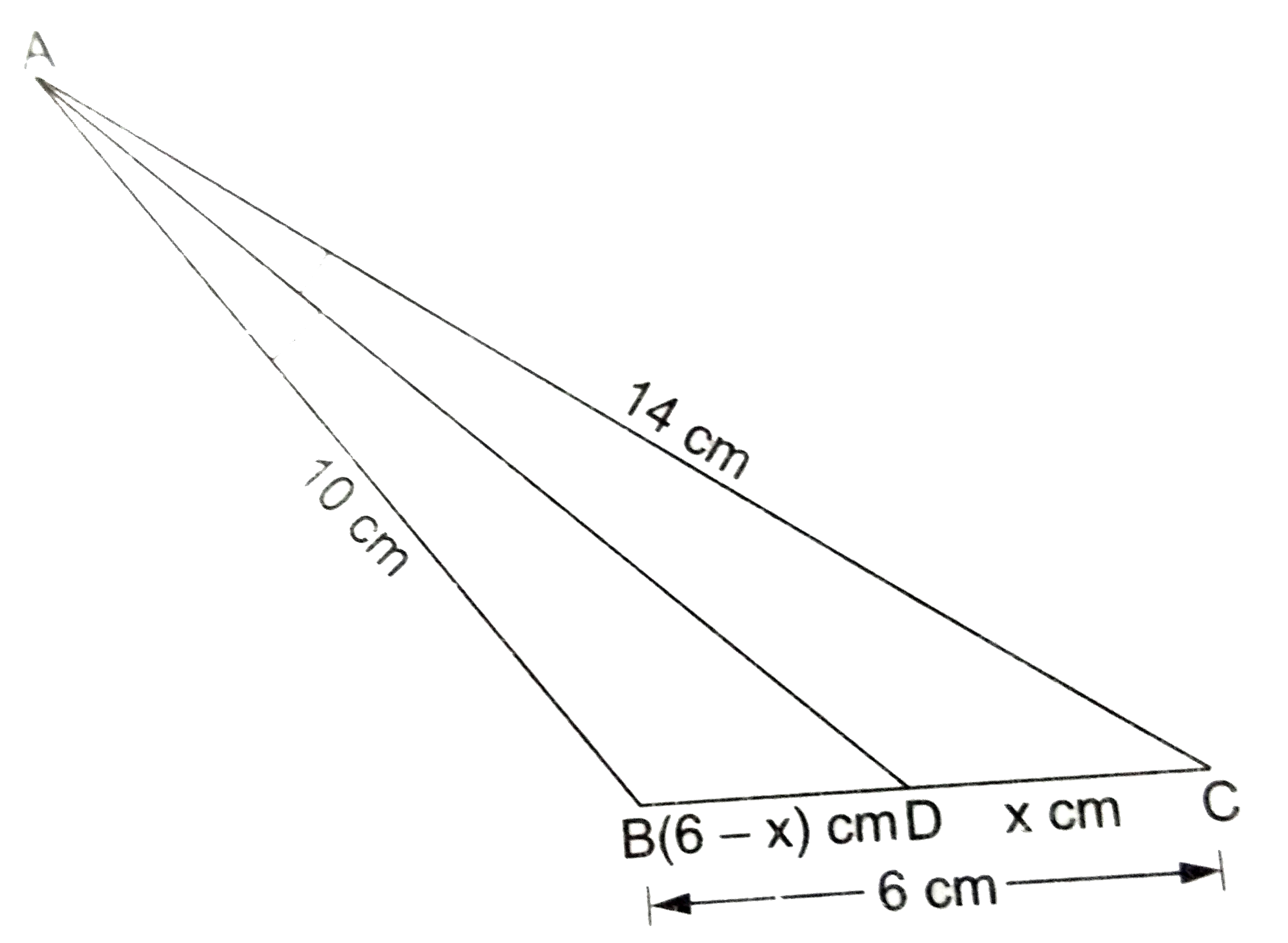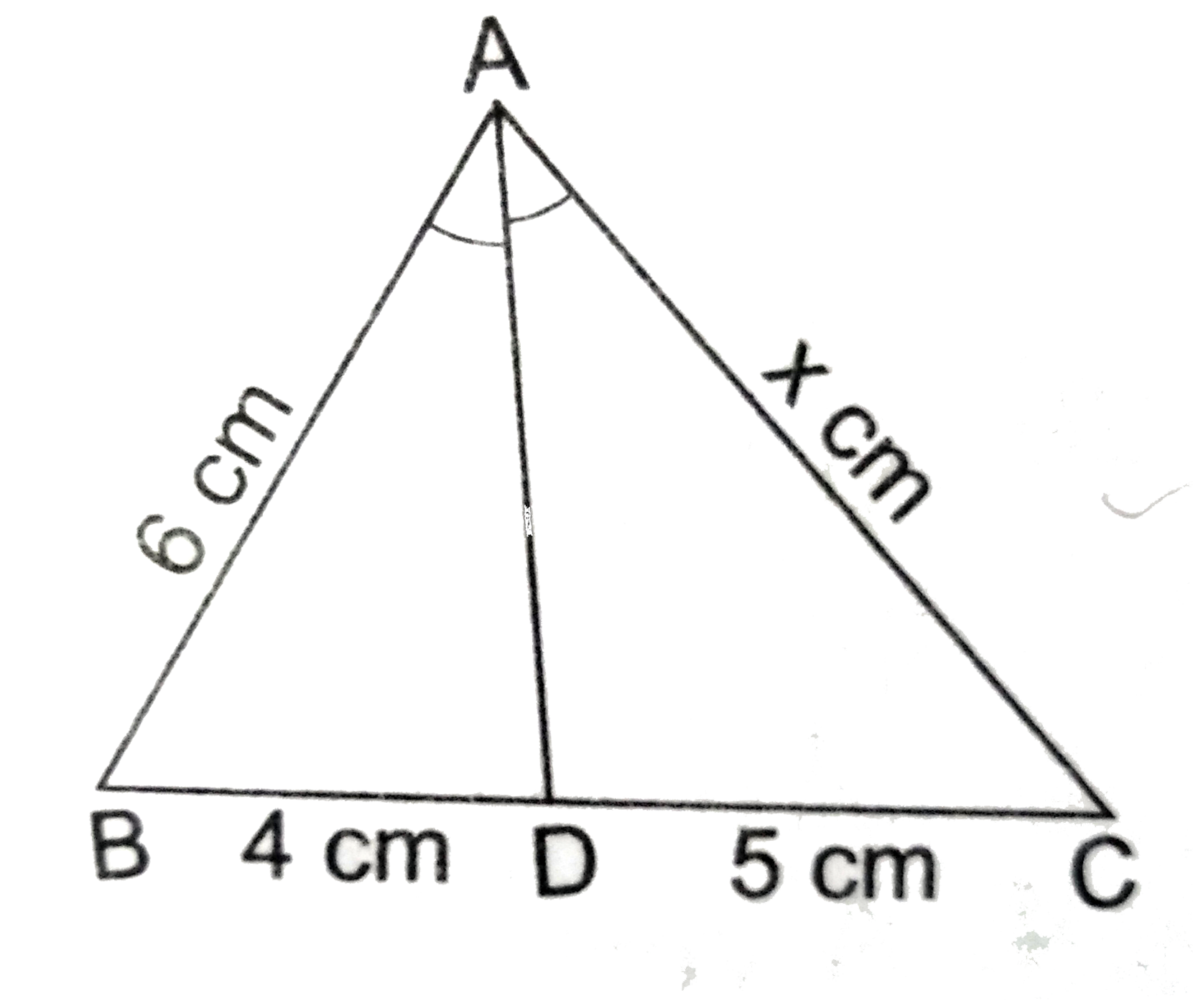ABC is a equilateral triangle and CD is internal bisector of ∠C. If DC is extended to E in such a way that AC = CE then ∠CAE is-
45∘
75∘
30∘
15∘
The correct Answer is:D
Step by step video, text & image solution for ABC is a equilateral triangle and CD is internal bisector of angleC. If DC is extended to E in such a way that AC = CE then angleCAE is- by Maths experts to help you in doubts & scoring excellent marks in Class 14 exams.
Updated on:21/07/2023Similar Questions
Knowledge Check
ABC is a equilateral triangle and CD is internal bisector of ∠C. If DC is extended to E in such a way that AC = CE then ∠CAE is-
A45∘B75∘C30∘D15∘ABC is a equilateral triangle and CD is internal bisector of ∠C. If DC is extended to E in such a way that AC = CE then ∠CAE is-
A45∘B75∘C30∘D15∘CF is the internal bisector of angle C of ΔABC then CF is equal to
A2aba+bcosC2Ba+b2abcosC2CbsinAsin(B+C2)Dnone of these
In a ΔABC, it is give ttha AD is the internal bisector of ∠A. If AB=10cm,AC=14cmandBC=6cm then CD=?

View SolutionProve that the internal bisector of the angle A of a triangle ABC divides BC in the ratio AB:AC
View SolutionIn a triangle ABC, D is a point on BC such that AD is the internal bisector of ∠A. Let ∠B=2∠C and CD = AB. Then ∠A is
View SolutionIn △ABC, AD is the internal bisector of ∠S, meeting the side BC at D. If BD = 5cm, BC = 7.5 cm, then AB:AC is:
View SolutionIn a triangle ABC, internal bisector of ∠ABC and external bisector of ∠ACB meet in D. Which one of the following is true ?
View Solution

